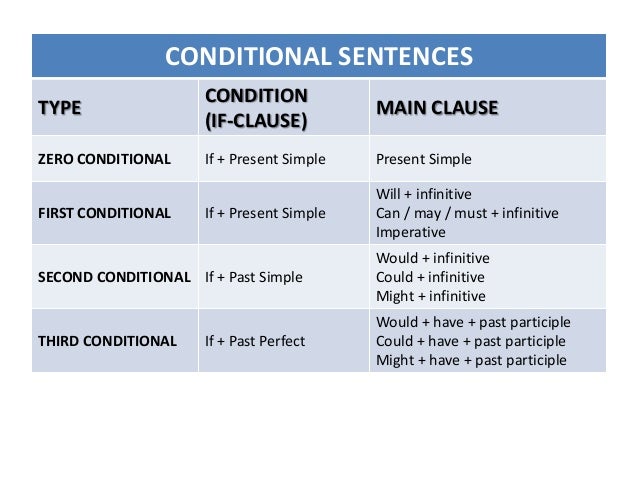Hello class. Here I leave a web page where a brief explanation of the reported speech and a series of exercises with solutions appears.
https://www.ego4u.com/en/cram-up/grammar/reported-speech
Hello class. Here I leave a web page where a brief explanation of the reported speech and a series of exercises with solutions appears.
https://www.ego4u.com/en/cram-up/grammar/reported-speech


Hello class. Here I leave a link to a web page where you explain the passive and the causative.
http://www.alumni.org.br/Quiz/Faq/pv.html
HAVE/GET SOMETHING DONE
Lo utilizamos para expresar que alguien nos hace algo.
Servicios que nos presta un profesional y le pagamos por ello.
Have y get tienen el mismo significado.
Get your hair cut! (Ve a cortarte el pelo)
You must get this pipe fixed as soon as possible. Debes hacer arreglar esta tubería lo antes posible.
§ cortarme el pelo (la peluquera)—–have/get my hair cut
§ revisarme la vista (el oculista)—–have/get my eyes checked
He repaired his car (Él mismo reparó su coche)
He had his car repaired (by the mechanic) HAVE SOMETHING DONE
OTRO USO DE LA CAUSATIVA. Para referirnos a un hecho desagradable que le ha ocurrido a alguien con alguna pertenencia, usaremos esta estructura:
§ She had her PURSE stolen last week.
(Le robaron el monedero la semana pasada)
|

Hello class, here I leave a link to see a video where the causative is explained very well and another link with exercises to review the causative form.